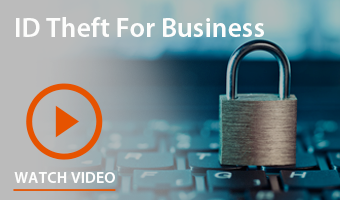February 13, 2019
Phishing, SMiShing, and Vhishing scams are done with the intent to obtain information that will help perpetrate fraud. Be wary of unsolicited contact from financial institutions. A financial institution will never contact you by email, text message, or phone for personal information or account information like passwords, credit card numbers, or other sensitive information.
- Phishing: undesired email messages (also known as "spam"). If an email appears to be from a financial institution and it requests account information, do not click on any of the links provided. Contact the financial institution using the information provided upon account opening to determine if any action is needed. Similarly, if you receive an email from an apparent legitimate source (such as the IRS, Better Business Bureau, Federal courts, UPS, etc.) contact the sender directly through other means to verify the authenticity.
- SMiShing: the mobile phone/text version of Phishing. Via text messaging, a fraudster contacts individuals with the goal of deceiving the individuals to share private information or to spread malware or other threats to mobile device users. If you have the slightest doubt about the authenticity of a message, contact the financial institution directly and do not use links or phone numbers provided in the message.
- Vhishing: the voice counterpart to phishing. A message that asks the user to make a telephone call, and the call triggers a voice response system that asks for the user's credit card number, account numbers or other information.
Learn More About:

 Login
Login

